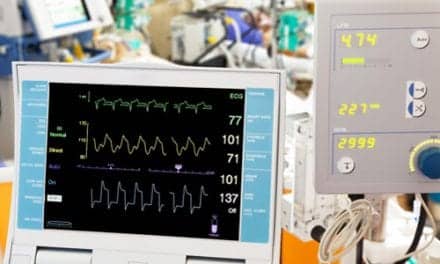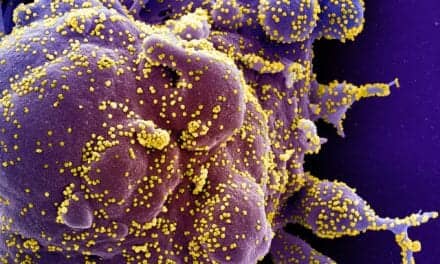Philips has issued a recall in the United States, and a field safety notice for the rest of the world, for specific Philips bilevel positive airway pressure (bilevel PAP), CPAP, and mechanical ventilator devices to address identified potential health risks related to the polyester-based polyurethane (PE-PUR) sound abatement foam component in these devices. The majority of the affected devices within the advised 5-year service life are in the first-generation DreamStation product family.
To date, Philips has produced millions of bilevels, CPAP, and mechanical ventilator devices using the polyester-based polyurethane sound abatement foam. Despite a low complaint rate (0.03% in 2020), Philips determined based on testing that there are possible risks to users related to this type of foam. The risks include that the PE-PUR foam may degrade into particles which may enter the device’s air pathway and be ingested or inhaled by the user, and the foam may off-gas certain chemicals. The foam degradation may be exacerbated by use of unapproved cleaning methods, such as ozone, and high heat and high humidity environments may also contribute to foam degradation.
Therefore, Philips has decided to voluntarily issue a recall notification to inform patients and customers of potential impacts on patient health and clinical use related to this issue, as well as instructions on actions to be taken.
“We deeply regret any concern and inconvenience that patients using the affected devices will experience because of the proactive measures we are announcing today to ensure patient safety,” says Frans van Houten, CEO of Royal Philips, in a release. “In consultation with the relevant regulatory agencies and in close collaboration with our customers and partners, we are working hard towards a resolution, which includes the deployment of the updated instructions for use and a comprehensive repair and replacement program for the affected devices. Patient safety is at the heart of everything we do at Philips.”
Recall Notification Advice for Patients
Based on the latest analysis of potential health risks and out of an abundance of caution, the recall notification advises patients and customers to take the following actions:
- For patients using affected bilevel and CPAP devices: Discontinue use of your device and work with your physician or durable medical equipment provider to determine the most appropriate options for continued treatment. To continue use of your device due to lack of alternatives, consult with your physician to determine if the benefit of continuing therapy with your device outweighs the risks identified in the recall notification.
- For patients using affected life-sustaining mechanical ventilator devices: Do not stop or alter your prescribed therapy until you have talked to your physician. Philips recognizes that alternate ventilator options for therapy may not exist or may be severely limited for patients who require a ventilator for life-sustaining therapy, or in cases where therapy disruption is unacceptable. In these situations, and at the discretion of the treating clinical team, the benefit of continued usage of these ventilator devices may outweigh the risks identified in the recall notification.
Possible Health Risks
The company continues to monitor reports of potential safety issues as required by medical device regulations and laws in the markets in which it operates. To date, there have been no reports of death as a result of these issues. Philips has received reports of possible patient impact due to foam degradation. The potential risks of particulate exposure include headache, irritation, inflammation, respiratory issues, and possible toxic and carcinogenic effects. The potential risks of chemical exposure due to off-gassing include headache, irritation, hypersensitivity, nausea/vomiting, and possible toxic and carcinogenic effects. Philips has received no reports regarding patient impact related to chemical emissions.
Repair & Replacement Program
Philips is providing the relevant regulatory agencies with required information related to the launch and implementation of the projected correction. The company will replace the current sound abatement foam with a new material and has already begun the preparations, which include obtaining the relevant regulatory clearances. Philips aims to address all affected devices in scope of this correction as expeditiously as possible.
As part of the program, the first-generation DreamStation product families will be modified with a different sound abatement foam and shipped upon receipt of the required regulatory clearances. Philips’ recently launched next-generation CPAP platform, DreamStation 2, is not affected by the issue. To support the program, Philips is increasing the production of its DreamStation 2 CPAP devices that are available in the US and selected countries in Europe.
Financials
In terms of the financial impact, Philips anticipates that the expected revenue headwinds in the sleep & respiratory Care business in 2021 will be compensated by the strength of the company’s other businesses. Therefore, the full year comparable sales growth and adjusted EBITA margin guidance provided on April 26, 2021 remains unchanged.
The updated instructions for use of the affected devices have resulted in adjustments to and acceleration of the repair and replacement program, as well as intensified communication with customers and patients. This had led to an increase of EUR 250 million in the expected costs of the corrective actions on the installed base, in addition to the provision that the company recorded in the first quarter of 2021.










